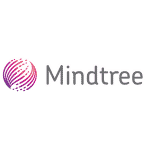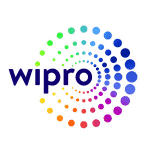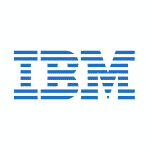AWS Certified DevOps Engineer (DOP-C01)
Industry experts designed this Course to help you become a certified AWS DevOps expert. You’ll learn to implement CI/CD pipeline principles and Immutable Infrastructure and Deployment Strategies on the Amazon Web Services platform.
By taking this AWS Certified DevOps Engineer Training Course, you can utilize AWS DevOps methodologies such as CloudFormation, CodeCommit, OpsWorks, and more. After completing this AWS DevOps certification course, you will be prepared for various AWS DevOps training and job interviews.
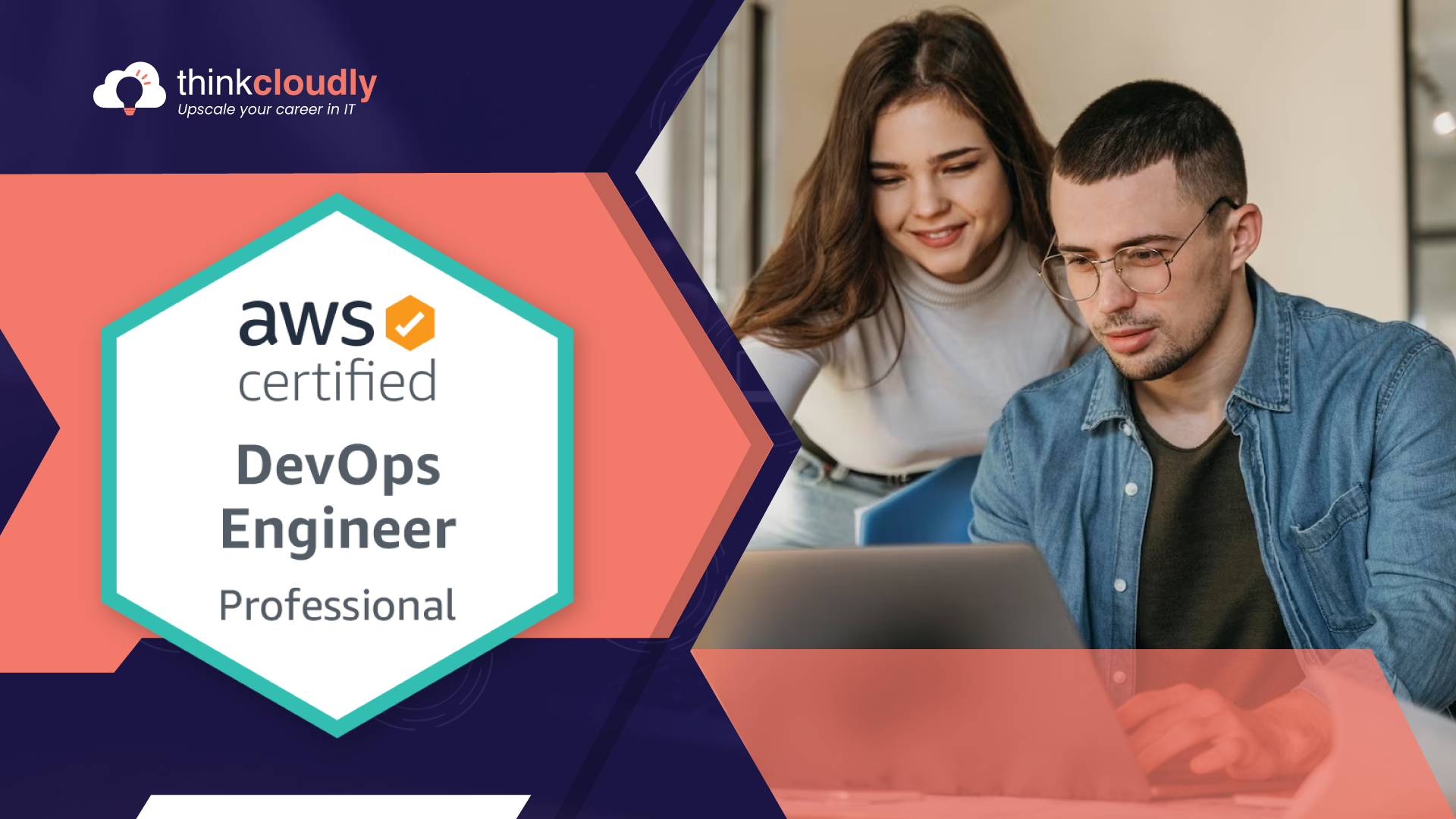
AWS Certified DevOps Training Course Highlights
Thinkcloudly provides the most comprehensive and one of the best AWS DevOps training. Our AWS DevOps Engineer training provides you with first hand experience in AWS functions such as Cloud Front, CloudTrail, IAM, EC2, and S3. Upon successfully completing this training, you will be proficient in AWS services. AWS is the leader in cloud computing. It provides various certification for devops that cover a range of topics. As of 2025, Amazon Web Services is going to lead the public cloud adoption, which is why AWS cloud practitioners salary is $106,597 per annum on an average.
- Instructor Led Trainings
- Life-time access to Course Material
- Gain Industry Experience
- Certification of completion
- Learn Anytime Anywhere
- Live Sessions with Industry Experts
- 24*7 Help & Support
- Hands On Experience
AWS Certified DevOps Engineer Training Course Learnings
Learn AWS DevOps methodologies.
CI/CD pipeline implementation principles.
Automate all the services provided by AWS.
Learn how to deploy serverless applications.
Monitoring and troubleshooting in DevOps environments.
AWS Certified DevOps Engineer Training Course Curriculum
Module 1: Introduction to Cloud DevOps
In this module, you will be introduced to important aspects of DevOps and Amazon Web Services. Also, you will get to know about the necessary security concepts required to manage your account and data on the AWS platform.
Topics :
· Understanding DevOps and its lifecycle
· Why DevOps on Cloud?
· Introduction to AWS
· DevOps using AWS
· Security Management – IAM (Identity and Access Management)
· Trusted Advisor
· Governance Strategies
Hands-on:
· Creating policies to grant all administrative or limited privileges to a new user
· Login AWS Management Console using MFA
· Trusted Advisor
· Enabling Governance using AWS Config
· Set Alerts and Budget for your AWS Account
Module 2: SDLC Automation
In this module, you will learn how to automate Software Development Lifecycle using various automated AWS development tools.
Topics:
- CodeCommit
- CodeBuild
- CodePipeline
- CodeDeploy
- AWS CodeStar
Hands-on:
- Working of Code Commit
- Deploy an application using Codepipeline
Module 3: Using CloudFormation to automate infrastructure
In this module, you will learn about CloudFormation and how to use it for modeling AWS resources. You’ll also get a sense of what makes cloud computing secure in general and specifically within the context of using Amazon Web Services (AWS).
Topics:
- Introduction to CloudFormation
- CloudFormation Template
- Intrinsic Functions & Conditions
- Stack Creation
- Advanced CloudFormation Concepts
- CloudFormation Stack Updates
- CloudFormation Resource Deletion Policy
- CloudFormation Best Practices
- Troubleshooting
- Hardcoding the name of an S3 bucket using CloudFormation
- How to create an S3 bucket using the intrinsic function.
- Using helper scripts to create an EC2 instance
- Using Lambda Functions to create a Custom Resource
Module 4: Application Deployment Using Elastic Beanstalk
In this module, you will learn what Elastic Beanstalk is and how to deploy your application there. You’ll also find out about the many tools available for monitoring your web applications in Elastic Beanstalk.
Topics:
- Introduction to Elastic Beanstalk
- Components of Beanstalk
- Deployment Option
- Platform Updates
- Docker in Elastic Beanstalk
- Extending Beanstalk using extensions
- Alarms and Notification
- Troubleshooting
- Using Beanstalk, deploy DynamoDB web applications
- Using Docker and Beanstalk, deploy your application
- A Beanstalk deployment that is immutable
- Using the .ebextensions for beanstalk instances, creating cron jobs
Module 5: Configuration Management Using OpsWorks
In this module, you will learn the nitty-gritty of AWS OpsWorks and how to create stacks with configuration management.
Topics:
- Introduction to OpsWorks
- Components of OpsWorks
- Cookbooks, Recipes, Data bags and Berkshelf
- OpsWorks Lifecycle Events
- OpsWorks Deployment
- OpsWorks Auto-Healing
- Troubleshooting
- Using OpsWorks Stack, deploy an application
- Integrating CloudFormation with OpsWorks
Module 6: Automate Monitoring And Event Management In AWS
In this module, you will learn about CloudWatch and how to implement event-driven automated actions.
Topics:
- Introduction to CloudWatch
- CloudWatch Metrics: EC2, ELB, and Auto Scaling metrics
- Custom Metrics
- CloudWatch Alarms
- CloudWatch Agent
- CloudWatch Logs
- Introduction to CloudTrail
- System Manager
- Tagging
- Concepts required to set-up event-driven automated actions
- Set Amazon CloudWatch to notify when CPU utilization is greater than 85% for an instance
- Store logs in S3 and enable CloudTrail
Module 7: High Availability, Fault Tolerance And Disaster Recovery
This module will teach you how to implement highly available and fault-tolerant systems. You’ll also be introduced to Disaster recovery strategies, which are effective in making your system resilient at any point of failure.
Topics:
- EBS
- Elastic IP
- Multi region and multi AZs
- SQS
- Data Management in Amazon RDS
- Dynamo DB
- S3
- Provisioning elasticity using Load Balancer and Auto-Scaling
- Components of Auto Scaling
- Horizontal and vertical scaling
- Auto-Scaling Lifecycle
- Recovery Time Objective and Recovery Point Objective
- Disaster Recovery Options
- Overcome single Point of Failure
- Implementation of a load balancer and auto-scaling for a fault-tolerant and highly available system
Module 8: Container Management Tools
This module will give you an introduction to Elastic Container Registry (ECR), Elastic Container Service (ECS) and Fargate.
Topics:
- Orchestration
- Elastic Container Service
- Amazon ECR
- Select a Launch type for your application
- ECS with EC2
- ECS with Fargate
- To Push An Image Into ECR
- Using the Fargate launch type to host a website inside ECS
Module 9: AWS Certified DevOps Engineer Exam Discussion
Exam questionnaires are the most important part of any certification exam. This module will help you understand a little more about how they work and how to best prepare for them!
Topics:
- AWS Certified DevOps Engineer Exam Guide
- Certification Exam Questionnaires
Training And Package Fee
Training Fee
Designed to get you trained with the core knowledge.
$699.00
- Online Live Training
- Live Projects
- Resume Building
- LinkedIn Grooming
- Profile Marketing
- Mock Interview Sessions
- Certificate Assistance
Job Seeker's Program Fee
Designed to make you job ready with knowledge, experience, and grooming.
$1400.00 $1150.00
- Online Live Training
- Live Projects
- Resume Building
- LinkedIn Grooming
- Profile Marketing
- Mock Interview Sessions
- Certificate Assistance
One-On-One Training Course @ $1499
- Personal Instructor
- 24*7 Admin Support
- Personalized Study Plan
AWS Certified DevOps Training Course Outcomes
Expertise in AWS DevOps methodologies.
Mastery of CI/CD pipeline implementation.
Proficiency in automating cloud infrastructure.
Proficiency in implementing DevOps best practices.
Integration skills with CodeCommit for version control.
What roles you can play?
Automation Engineer
These are experts who have the knowledge and ability to design, create, develop and manage machines and systems.
Cloud Automation Engineer
Manages software delivery, release, coding, scripting, and automated deployment for applications seamlessly.
Platform Engineer
He designs, maintains desktops, aids template installation, and scripts software development tasks.
DevSecOps Engineer
DevSecOps Engineer will design, implement and monitor enterprise-grade secure fault-tolerant infrastructure.
Infrastructure as Code (IAC) Engineer
Proficient in configuration management, orchestration tools, with strong problem-solving abilities for complex issues.
Architecture Recomendation
Recommend the best architecture process and improvements to ensure the high quality of a company’s services and products.
Know before you Start
What will you learn in this AWS DevOps training?
You will learn how to design, build and maintain secure systems.
You will learn about the AWS Cloud including services such as Amazon Elastic Compute Cloud (EC2), Amazon Simple Storage Service (Amazon S3), Amazon Virtual Private Cloud (VPC) and more.
You will also learn how to design and build fault-tolerant distributed systems for web applications, big data analytics, mobile backends and other scalable applications.
SDLC Automation Company configuration management, infrastructure as code, and more.
Monitoring and recording The Automation of Policies and Standards Incident and Event Response Strategies Highly available, tolerant of failure, and having a plan for a disaster.
Why should you learn AWS DevOps Certification Course?
DevOps is a methodology for agile software development. It focuses on communication and collaboration between software developers, quality assurance engineers, IT operations staff, and other members of the software development team.
By using a DevOps approach, organizations can more quickly deliver software that meets business needs while maintaining high-quality standards.
An AWS DevOps credential validates an individual’s knowledge of Amazon Web Services (AWS) technologies and their application in cloud computing development life cycles.
AWS DevOps training: who should attend?
The AWS Dertified DevOps training is geared towards developers and engineers who are new to DevOps and want to learn how it can help them be more productive. The training will also be beneficial for experienced DevOps practitioners who want a refresher course on AWS services and how they integrate with other Amazon Web Services (AWS).
Which tools from the Amazon Web Services range of tools will you be able to master during the AWS DevOps course?
During this course you will learn how to set up and configure Amazon Elastic Compute Cloud (Amazon EC2), Amazon S3, AWS CloudFormation, and AWS Identity and Access Management (IAM).
You will also learn how to monitor your application using Amazon CloudWatch, troubleshoot common issues, scale your application with Auto Scaling Groups, and continuously deliver applications with code deployments.
Throughout this certification course, you will learn to use a variety of tools, including these ones
Is an AWS devops training good for career?
I’m new in this field and I’m not sure if AWS Certified devops training is worth it. It sounds like a very expensive investment that might not be worth it. This is a common fear, but it’s actually one of the best investments you can make as an emerging developer. The job market for developers is competitive, but having a certificate will help you stand out from other candidates and improve your chances at landing your ideal job. In order to get that certificate, you’ll have to take the AWS Certified Security – Specialty exam. Luckily for us, there are plenty of free resources available on how to prepare for this exam!
Skills You Will Gain
EC2
ELB
Cloudwatch
Jenkins
Route 53
IAM
ElastiCache
SQS
WAF
S3
EFS
Terraform
Certification Overview
What is the format of the AWS DevOps Engineer Professional exam (DOP-C01)?
The exam has 120 multiple choice questions and is a timed exam. To pass, you need a 70% or better on the exam which is determined by your total number of correct answers divided by your total number of attempted questions. You are allowed three attempts at passing the DOP-C01 AWS Certified DevOps Engineer Professional exam.
What is the cost of AWS DevOps certification (DOP-C01)?
It is not difficult to learn how to pass AWS DevOps training certification (DOP-C01). The cost of AWS DevOps certification (DOP-C01) is about $300.00 for one-time registration fee, $300.00 for exam fee, and $250.00 for exam retake fee if you fail your first try. You will have to purchase additional materials for about $50.00 or more if you decide that studying by yourself will not work out as well as you expected it would.
How do you pass the AWS Certified DevOps Engineer exam?
In order to pass the AWS DevOps Engineer Certification exam, you need a solid understanding of cloud computing and its various subsystems.
You also need a deep knowledge of DevOps best practices, such as configuration management and automation, continuous integration and deployment, monitoring and observability, containers, serverless computing, disaster recovery planning, security in the cloud paradigm.
Finally, you must understand how these practices are implemented with AWS services such as Amazon S3 or Amazon EC2.
Designed by industry-experienced expert, the Thinkcloudly DevOps Course covers everything needed to clear the AWS DevOps Certification exam and pursue a DevOps position.
In the AWS Certified DevOps Engineer Exam, what are the most important topics and concepts?
What is the validity of the AWS DevOps certification Training?
There is a three-year validity period for your AWS Certified DevOps Engineer Certification.
Tools you will Explore
Technology Use Cases
Netflix
Netflix heavily rely on AWS for their infrastructure and use AWS Cloud Practitioner skills to manage their cloud resources effectively. AWS allows Netflix to scale their streaming platform to millions of users worldwide while ensuring high availability and reliability.
Airbnb
Airbnb use AWS services to manage their website, handle booking transactions, and store user data securely. AWS’s scalability and flexibility enable Airbnb to handle peak traffic and provide a seamless experience for their users.
Our Students Work at




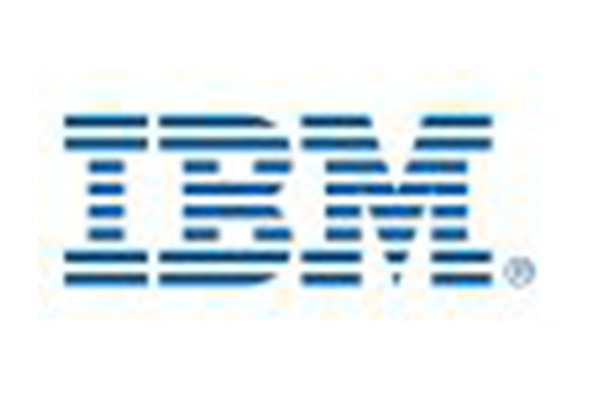
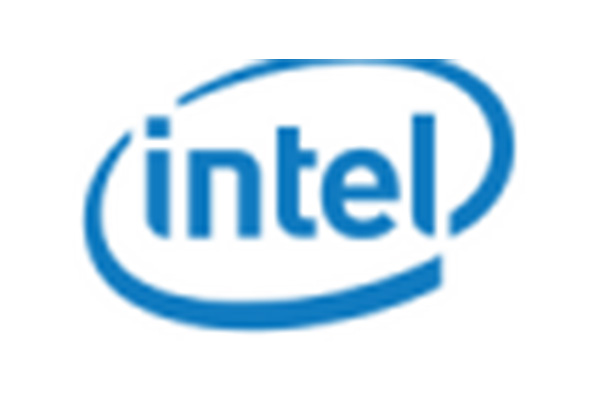



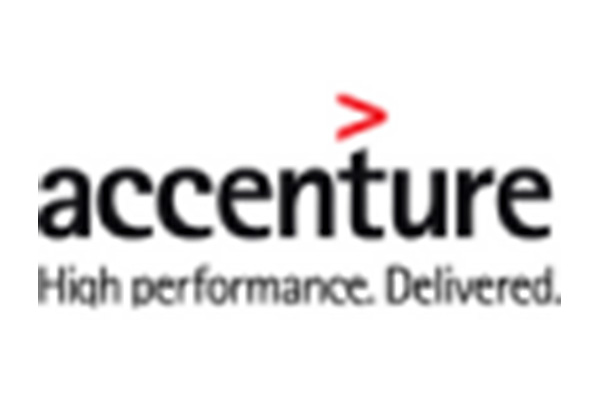
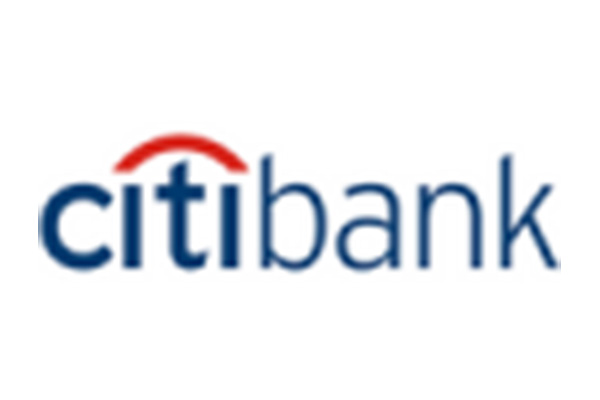

AWS Certified DevOps Engineer Training Course Reviews
FAQs
What is the payment procedure?
We accept all major credit and debit cards from leading banks. For any assistance, please contact Thinkcloudly Customer Support.
Which course or Plan is best for me?
We offer a variety of ways to learn about the cloud, from quick hands-on labs to technical deep dives. You can ask our experts to help you from their industry experience if you are uncertain which course or plan to choose.
How large is the market for AWS devops jobs?
In today’s market, AWS has a 32% share of cloud computing, so we have plenty of AWS Devops jobs to choose from. The need for DevOps experts across various roles is on the rise.
What is the average AWS Devops engineer salary?
According to Dice’s “Tech Salary Report” it is estimated that an AWS Devops engineer salary is $111,683 on an average.
Would a Demo Session be available before I enroll?
Certainly, you can set up a free demo session, although if you’ve already viewed any sample recordings, you won’t need to look further. The enrollment process signifies a mutual commitment between you and us where you commit to be a good learner and we pledge to provide you with the best possible learning environment. A key part of your learning takes place in our sessions, which are supported by experienced instructors, dedicated Personal Learning Managers, and interactions with your peers. Get the full learning experience, and not just a demo.
When will I be able to access the Learning Content?
You will receive access to the LMS immediately after enrolling and will have it for the rest of your life. You will have access to all previous class recordings, PPTs, PDFs, and assignments. In addition, you will have instant access to our 24×7 support team. You can start learning as soon as possible.



